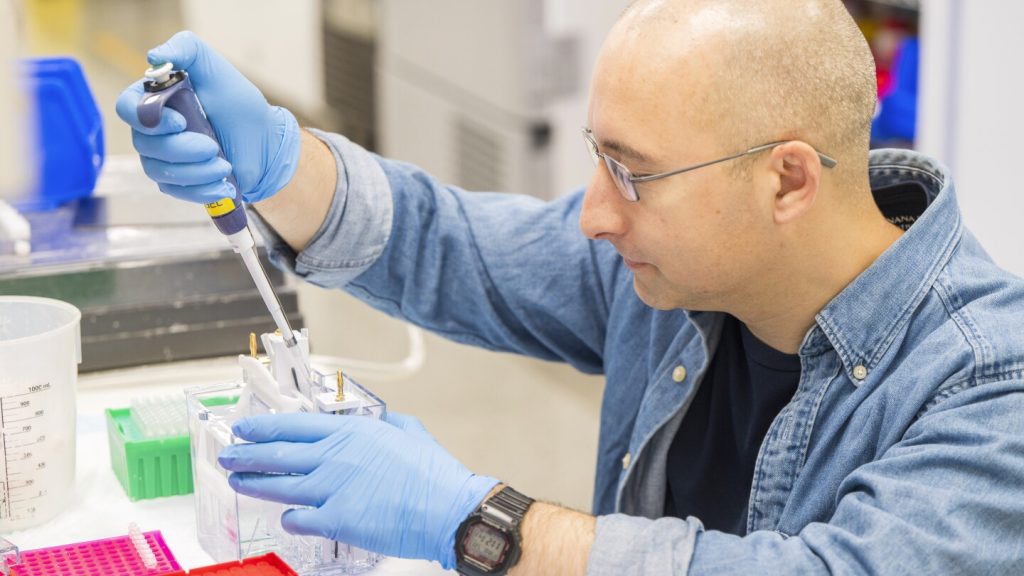A California biotechnology company, Complete Genomics, is facing potential exclusion from the U.S. market due to its ties to China. The U.S. House passed the BIOSECURE Act, which aims to prevent federal funding from benefiting Complete Genomics and four other companies linked to China. This legislation is part of a broader effort by Congress to counter China’s influence, especially in technology. Supporters argue that the bill is necessary to protect Americans’ health data, reduce reliance on China in the medical supply chain, and ensure the U.S. retains a competitive edge in biotechnology.
However, opponents of the bill believe that it could delay clinical trials, hinder the development of new drugs, raise medication costs, and hinder innovation. Some lawmakers are concerned about protecting U.S. interests and preventing China-linked companies from becoming more embedded in the U.S. economy. The bill names specific companies without due process, which has led to some criticism from those who argue that Congress should not target a small subset of companies without a fair evaluation process. Complete Genomics, a subsidiary of China-based company MGI, has defended its operations by stating that the privacy of Americans’ personal information is not at risk, as their instruments are only connected to local U.S. servers.
Analysts suggest that the issue is more about industry competition than personal data protection from the Chinese government. Complete Genomics is listed in the legislation alongside other Chinese companies like BGI, MGI, WuXi AppTec, and WuXi Biologics. These companies provide essential services to U.S. drugmakers for research, development, and manufacturing of new medications. The bill has raised concerns among industry stakeholders about potential impacts on biotechnology innovation, drug development, patient care, and healthcare costs. Several U.S. biotech companies have highlighted the potential effects of the BIOSECURE Act on the pharmaceutical supply chain due to extensive partnerships with Chinese firms.
Drugmaker Eli Lilly has expressed concerns about potential disruptions to its supply chain due to the bill, as it relies on third-party suppliers, some of which are the sole global sources for certain components. The industry’s largest advocacy group, BIO, supports the bill as it reinforces the national security imperative within the biotech sector. The bill provides U.S. companies with eight years to sever ties with Chinese firms, allowing for a gradual decoupling process. While some stakeholders have voiced concerns about the bill’s impact on innovation and healthcare costs, others view it as a necessary step to safeguard U.S. interests and maintain a competitive edge in the biotechnology field.


